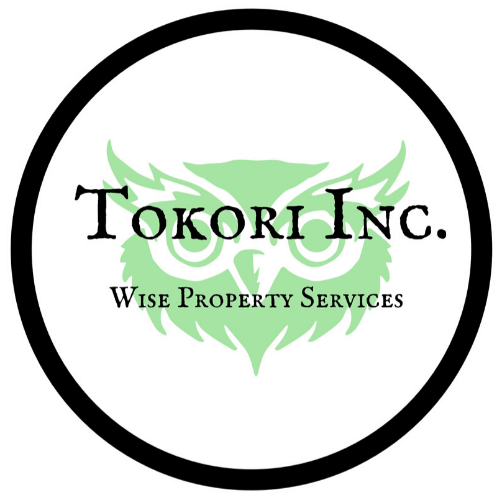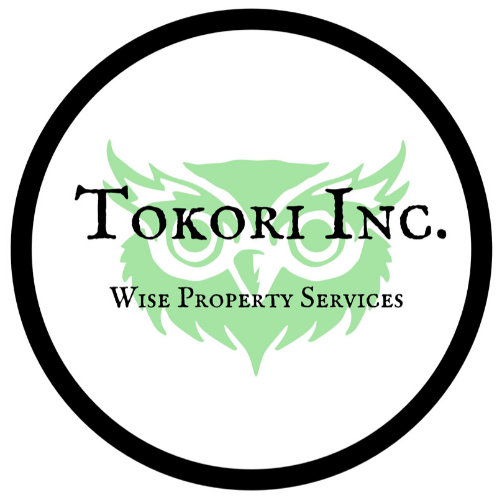Universal Design in Residential Housing—Don’t Renovate or Build Without It!
Universal design is a concept that seeks to make homes as physically accessible and barrier-free as possible—improving safety and utility. Typically, the wider doors and hallways and removal of partition walls often make a house feel more spacious (even though the square footage may not have changed).
The principles of universal design stress simplicity, flexibility, space utilization, and accessibility/low physical effort. Examples of universal design include the elimination of stairs and steps, curbless showers, flat thresholds, grab bars and shower benches, wall-mounted sinks, wider entryways and hallways, slip-resistant bathroom flooring, etc.
Walk-In Curbless Shower with bench allows for a safer experience.
Universal design is increasingly driving modern residential building plans, and this trend is likely to continue due to the requirements of an aging population and the acute housing shortage in several areas. An analog to universal design is the aging-in-place renovations that are frequently required in existing homes to accommodate seniors and occupants with mobility impairments. Interestingly, many of these design features also increase the flexibility of use and safety for other occupants as well, such as children and pets.
For example, a handheld shower head is great for bathing a reluctant pug, and who really likes having a squared-off countertop stab them in the hip when trying to set down those groceries?
The concepts of universal design have been with us for some time, but the adoption by most renovators—especially house flippers—is all but non-existent. Fortunately, this is not the case for most new home builders and universal design is typically incorporated in even the most basic of homes—reducing or eliminating the need to sell the home later in life.


